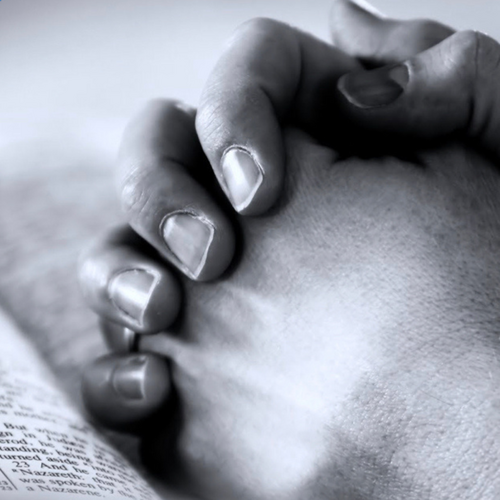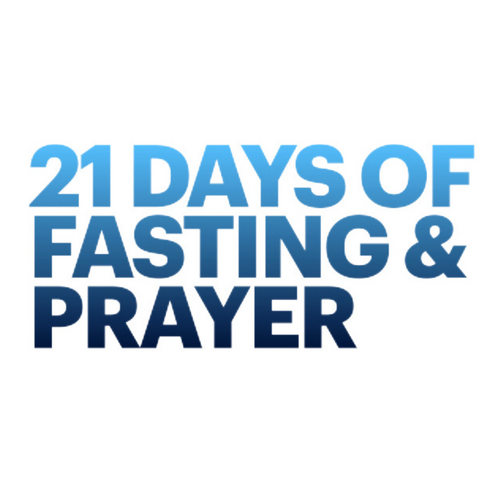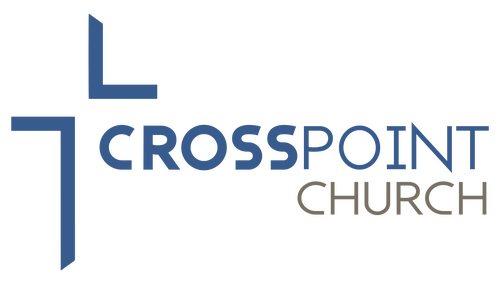

Prayer models -
TABERNACLE PRAYER
In the Old Testament, the Tabernacle was the dwelling place of God, built to His specifications, where He would meet with His people, the Israelites. As they entered the Tabernacle, they passed through seven stations, following God’s instructions, to experience His presence. Today, even though we no longer need the physical Tabernacle to meet with God, these same steps can help us connect with Him. This prayer model will take us through each station of the Tabernacle and use the purpose of each station to guide our prayers.
1. THE OUTER COURT: THANKSGIVING AND PRAISE The Israelites entered the Tabernacle with thanksgiving and praise, and we can start our prayer time the same way. Enter His gates with thanksgiving and His courts with praise; give thanks to Him and praise His name. Psalm 100:4
2. THE BRAZEN ALTAR: THE CROSS OF JESUS
4. THE CANDLESTICK: THE HOLY SPIRIT
5. THE TABLE OF SHOWBREAD: THE WORD OF GOD
6. THE ALTAR OF INCENSE: WORSHIP
7. THE ARK OF THE COVENANT: INTERCESSION
1. THE OUTER COURT: THANKSGIVING AND PRAISE The Israelites entered the Tabernacle with thanksgiving and praise, and we can start our prayer time the same way. Enter His gates with thanksgiving and His courts with praise; give thanks to Him and praise His name. Psalm 100:4
- Think of a fresh reason to thank God. You can write down a list, sing your own song of praise, or just spend time reflecting on your gratitude and praise toward God.
2. THE BRAZEN ALTAR: THE CROSS OF JESUS
- In the Old Testament, everyone had to regularly bring animal sacrifices to the Tabernacle as payment for their sins. Today, we don’t have to do that because Jesus paid for our sins once and for all with His blood on the cross.
- Praise the LORD, my soul, and forget not all His benefits—who forgives all your sins and heals all your diseases, who redeems your life from the pit and crowns you with love and compassion, who satisfies your desires with good things so that your youth is renewed like the eagle’s. Psalm 103:2-5
- Thank God for the gift of Jesus. Thank Jesus for His sacrifice and love. Let the power of the cross and what it means settle in your spirit. In addition to expressing your gratitude, claim the power of transformation and healing that the cross of Jesus has in your life.
- The cross provides us with five major benefits:
- Salvation—God forgives my sins.
- Healing—God heals my diseases.
- Redemption—God rescues me and restores me.
- Transformation—God changes me into his likeness.
- Blessing—God provides for my needs.
- The next step in the Tabernacle was a bowl of water where people would wash themselves before proceeding any closer to the holiness of God. For us, this represents checking our hearts and motives and surrendering our lives to God as an important part of daily prayer.
- I appeal to you therefore, brothers, by the mercies of God, to present your bodies as a living sacrifice, holy and acceptable to God, which is your spiritual worship. Romans 12:1
- Because of Jesus' sacrifice, we can confess our sins to Him and receive complete forgiveness and a fresh start. In prayer, humbly and sincerely turn away from your sins and allow God to cleanse and renew you. Then, surrender your attitude, heart, and mind to Him.
- Romans 12:1 directs us to offer our bodies as living sacrifices. Take a moment to reflect on the list below and submit each area as an offering to God:
- My Eyes—What I Look At
- My Ears—What I Listen To
- My Mind—What I Think About
- My Tongue—What I Speak About
- My Hands—What I Do
4. THE CANDLESTICK: THE HOLY SPIRIT
- The next piece of the Tabernacle was a seven-branched golden candlestick. The fire represents the Holy Spirit and how we are called to be light in the world’s darkness.
- The Spirit of the LORD will rest on Him—the Spirit of Wisdom and of Understanding, the Spirit of Counsel and of Might, the Spirit of the Knowledge and fear of the LORD… Isaiah 11:2
- When Jesus left the earth, Christians were given the gift of the Holy Spirit. God calls the Holy Spirit our “Advocate.” We cannot do what He has called us to do without His supernatural power. It is through His Holy Spirit that God comforts us, guides us, and empowers us.
- Pray that you will operate daily in the Fruit of the Spirit: (Galatians 5:22-23)
- Love
- Joy
- Peace
- Patience
- Kindness
- Goodness
- Faithfulness
- Gentleness
- Self-control
5. THE TABLE OF SHOWBREAD: THE WORD OF GOD
- Next in the Tabernacle came a table with twelve loaves of bread. These represented the importance of reading God's Word for daily truth.
- Keep this Book of the Law always on your lips; meditate on it day and night, so that you may be careful to do everything written in it. Then you will be prosperous and successful. Joshua 1:8
- Take time to read and think about the Word.
- Claim God’s many great promises in His Word.
- Ask Him for understanding of His Word.
- Ask Him for a verse/passage to help you throughout your day.
- Ask Him to show you how to apply His Word in your life.
6. THE ALTAR OF INCENSE: WORSHIP
- Finally, a small altar of burning incense stood at the entrance to the Holy of Holies, where God’s presence dwelled. As the people of God entered His presence, they worshiped His names. This altar represents worship to and adoration of God.
- The name of the LORD is a strong tower; the righteous run to it and are safe. Proverbs 18:10
- Thank God for making His presence available to you. Praise His names and worship Him personally and specifically for who He is and how He has moved in your life.
- JEHOVAH-TSIDKENU—My Righteousness (Jeremiah 23:6)
- JEHOVAH-MEKODDISHKEM—My Sanctifier (Leviticus 20:7-8)
- JEHOVAH-RAPHA—My Healer (Exodus 15:26)
- JEHOVAH-JIREH—My Provider (Genesis 22:14)
- JEHOVAH-NISSI—My Banner of Victory (Exodus 17:15)
- JEHOVAH-SHALOM—My Peace (Judges 6:24)
- JEHOVAH-RAAH—My Shepherd (Psalm 23:1)
- JEHOVAH-SHAMMAH—My Present Help (Ezekiel 48:35)
7. THE ARK OF THE COVENANT: INTERCESSION
- The final place in the Tabernacle was the Holy of Holies, where God’s presence dwelled. There, the priests would intercede by praying on behalf of the people of God. In the same way, we are called to intercede on behalf of those around us.
- I urge, then, first of all, that petitions, prayers, intercession and thanksgiving be made for all people— for kings and all those in authority, that we may live peaceful and quiet lives in all godliness and holiness. This is good, and pleases God our Savior, who wants all people to be saved and to come to a knowledge of the truth. 1 Timothy 2:1-4
- We can make a difference when we spend time praying for others. Pray for:
- The lost - those far from God
- Those in authority - leaders in church, government, family, workplace/school
- Those who are experiencing hardship - those suffering, the poor, the widowed, and the weak
- My family - both immediate and extended family members
- My church - pastors, leaders, members, and missionaries
- My community - people in my city, nation, and world
- My relationships - friends, coworkers, and acquaintances
- My adversaries - those with whom I disagree
